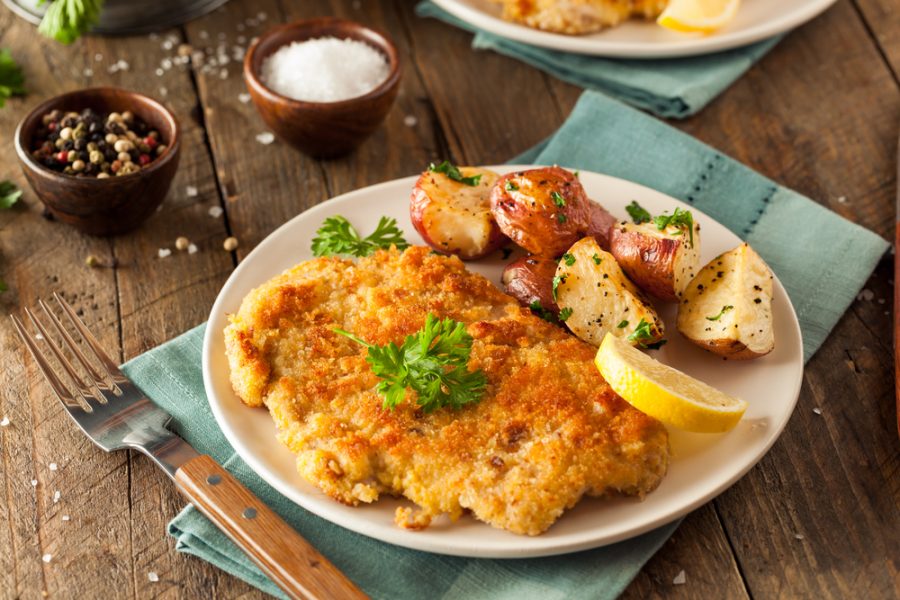MEET MARIA
Ah, the inevitable consequence of cooking a splendid feast or ordering from a sumptuous menu at a restaurant: leftovers. They’re the gifts that keep on giving, a culinary treasure trove that lets you relive the gastronomic ecstasy of the previous day (or days). However, as with all good things, they do come with an expiration date. So, how long can you really store leftovers in the fridge?
The importance of proper food storage cannot be overstated. Not only does it help preserve the taste and quality of your food, but it is also crucial for your health. While modern refrigerators have become increasingly effective at slowing down the spoilage process, there are still limitations to what they can do. The power and effectiveness of your fridge, which can be measured in terms of standard refrigerator watts, is just one factor that determines how well your food is kept.
In the points below, we delve into various factors that contribute to the longevity of your leftovers and offer some guidelines on how to maximise their lifespan.
Key Factors Affecting Leftover Longevity
- Temperature: Most health organisations recommend keeping your fridge at or below 40°F (4°C) to inhibit the growth of bacteria. Many modern refrigerators come with built-in thermometers, but if yours doesn’t, it’s a good idea to get one.
- Type of Food: Not all foods age like fine wine – proteins like meat, poultry, and seafood spoil faster than other types of food. On the flip side, vegetarian dishes such as salads or cooked vegetables tend to last a bit longer.
- Packaging: Air-tight containers are your best friends when it comes to preserving the integrity of your leftovers. They keep moisture in and contaminants out.
- Cooking Conditions: If the food was not cooked or stored properly in the first place, then it’s likely to spoil faster even if refrigerated. Always ensure that you follow good food hygiene practices.
 Guidelines on Storing Leftovers
Guidelines on Storing Leftovers
Here’s a general rule of thumb based on the type of food:
- Cooked meat or poultry: 3 to 4 days
- Cooked fish or seafood: 1 to 2 days
- Cooked pasta or rice: 3 to 5 days
- Pizza: 3 to 4 days
- Soups and stews: 3 to 4 days
- Deli meats: 1 week
- Cooked vegetables: 3 to 4 days
How to Extend the Life of Your Leftovers
- Freezing: If you have a large quantity of leftovers that you’re unlikely to consume in the next few days, consider freezing them. Frozen leftovers can last for 2 to 6 months depending on the type of food.
- Labelling: Labelling your leftovers with the date they were cooked can help you keep track of how long they’ve been sitting in the fridge. This ensures that you consume them while they’re still fresh.
- Reheating: Always reheat your leftovers to at least 165°F (74°C) to kill any bacteria that may have formed. Once reheated, try to consume the leftovers immediately.
Final Thoughts
Leftovers can be a delightful extension of your culinary experiences, but they require a careful approach to storage and consumption to ensure they remain both delicious and safe. Bear in mind the factors discussed above, and you’ll get the most out of your meals while reducing food waste and keeping your loved ones safe from foodborne illnesses.
Bon appétit and here’s to many more delectable meals – and their equally delectable leftovers!

